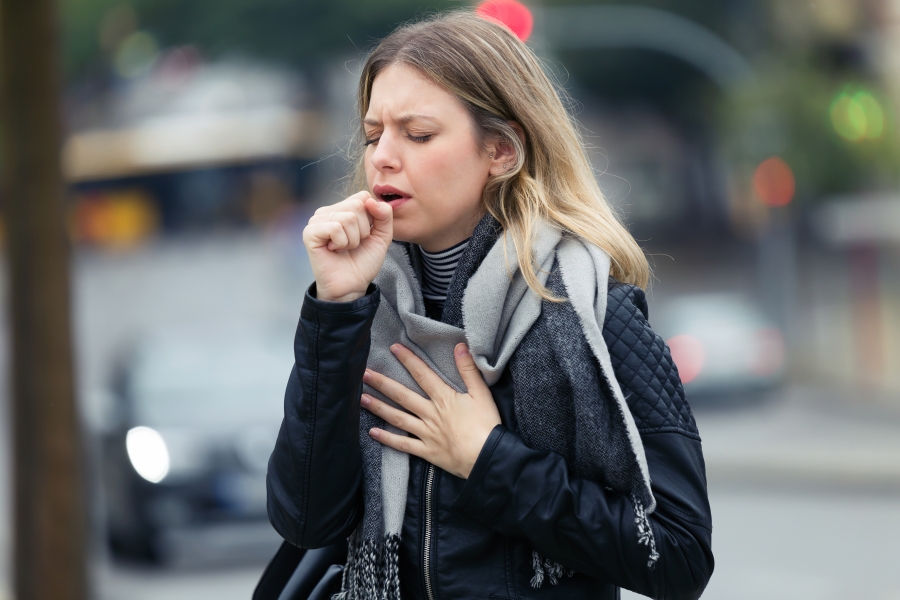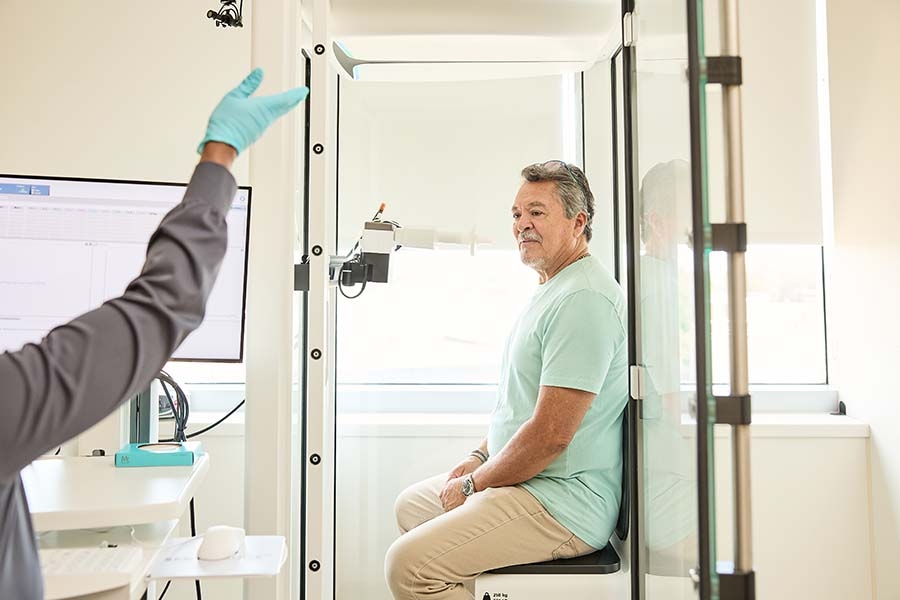COVID-19 is a complex disease. In some people, it can be a mild respiratory illness that is easy to recover from. In others, it can be severe and lead to a lengthy hospital stay. Patients with severe COVID-19 might need intensive care and a ventilator to help them breathe.
For people with severe illness, sometimes the only life-saving option is a lung transplant. As a pulmonologist who specializes in caring for both patients with severe COVID-19 and those who receive a transplant, I've seen firsthand the difference a lung transplant can make.
Here's what our expert lung transplant team at the Temple Lung Center knows about performing these critical procedures:
How can COVID-19 damage the lungs?
COVID-19 can cause the lungs to become inflamed, scarred or filled with fluid. This can lead to shortness of breath or trouble breathing. These symptoms are usually temporary, and most patients recover.
But a small group of patients develop permanent scarring in the lungs. This condition is called pulmonary fibrosis. It makes the lungs stiff and less able to expand when you take a deep breath. And if you cannot breathe deeply, your lungs cannot provide enough oxygen to your blood and organs. When blood oxygen levels fall dangerously low, that can trigger respiratory failure, a life-threatening condition.
Why would someone who survived COVID-19 need a lung transplant?
Lung scarring often gets worse over time. It can sometimes be managed with oxygen therapy, medications and other treatments. But those don't always work. In severe cases, a lung transplant may be the only thing that can save someone's life.
We wait at least 4 to 6 weeks after severe COVID-19 to give a patient a chance to recover. If they still have lung damage at that point, that’s when we’ll start thinking about a transplant.
Are lung transplants common for patients with COVID?
The vast majority of patients with COVID-19 get better. It’s very rare for someone to have enough lung damage to need a transplant. And not every patient who would benefit from a transplant ends up getting one. But for the eligible COVID-19 candidate, a lung transplant can be a life-saving option.
The criteria for receiving a lung transplant if a patient has COVID-19 include:
- All other organs in the patient’s body need to be working well. Only the lung can be damaged.
- The patient cannot have an active infection other than COVID-19. They also cannot have a history of smoking or drug or alcohol use within the last 6 months.
- The patient needs to be awake and able to communicate and participate in their care. They also need to be able to undergo physical therapy.
The Temple Lung Center has performed lung transplants on a growing number of patients with COVID-19. So we have a good deal of experience with these procedures.


